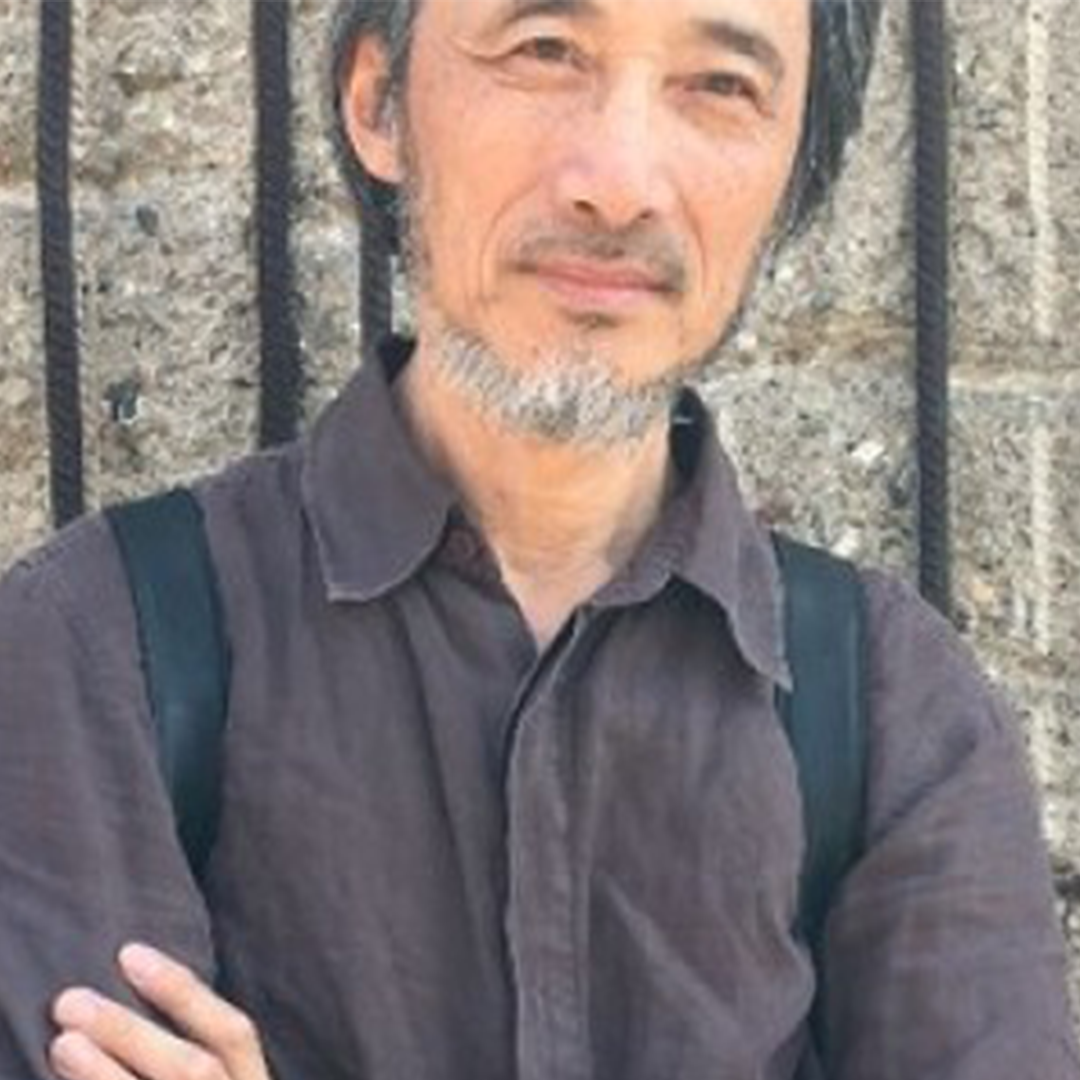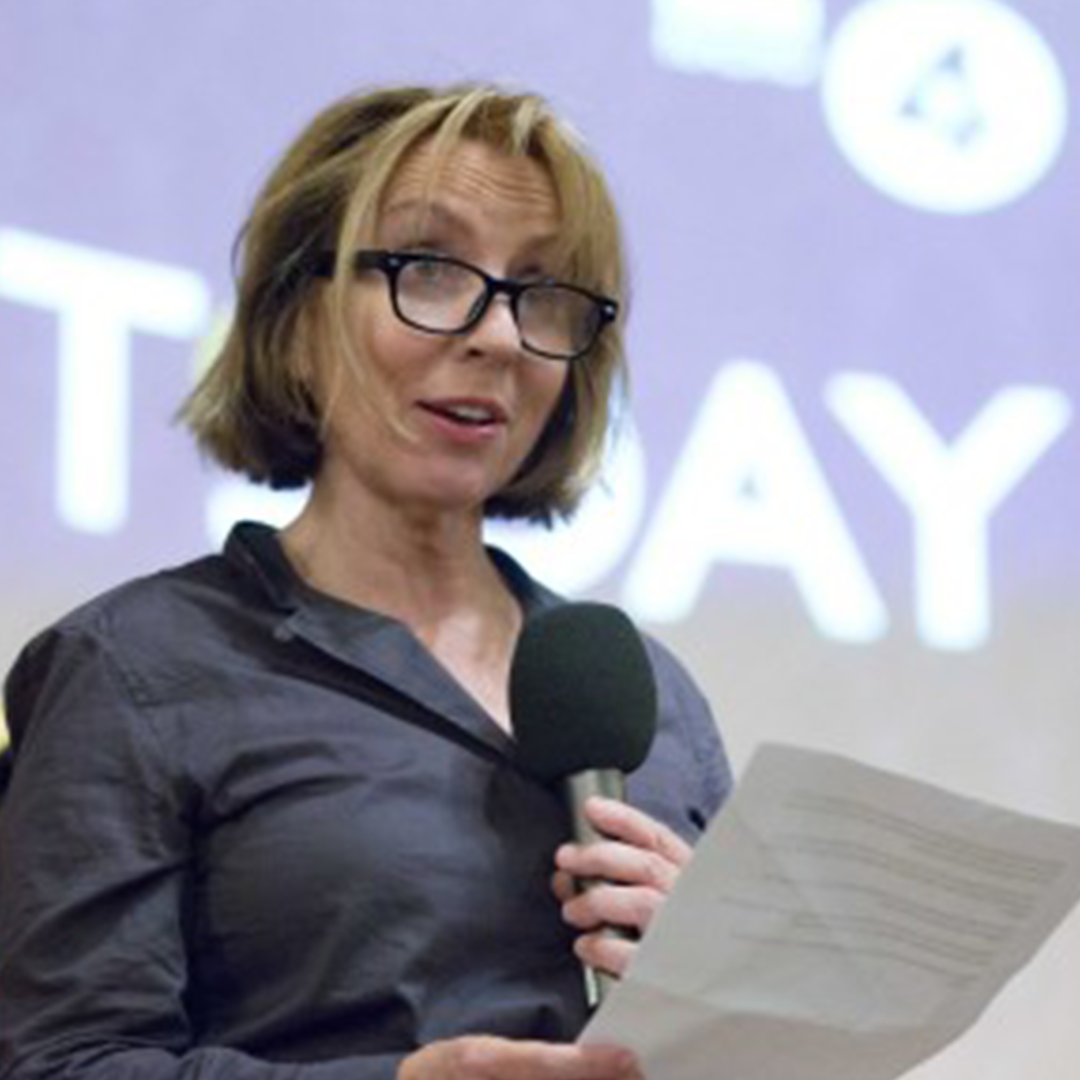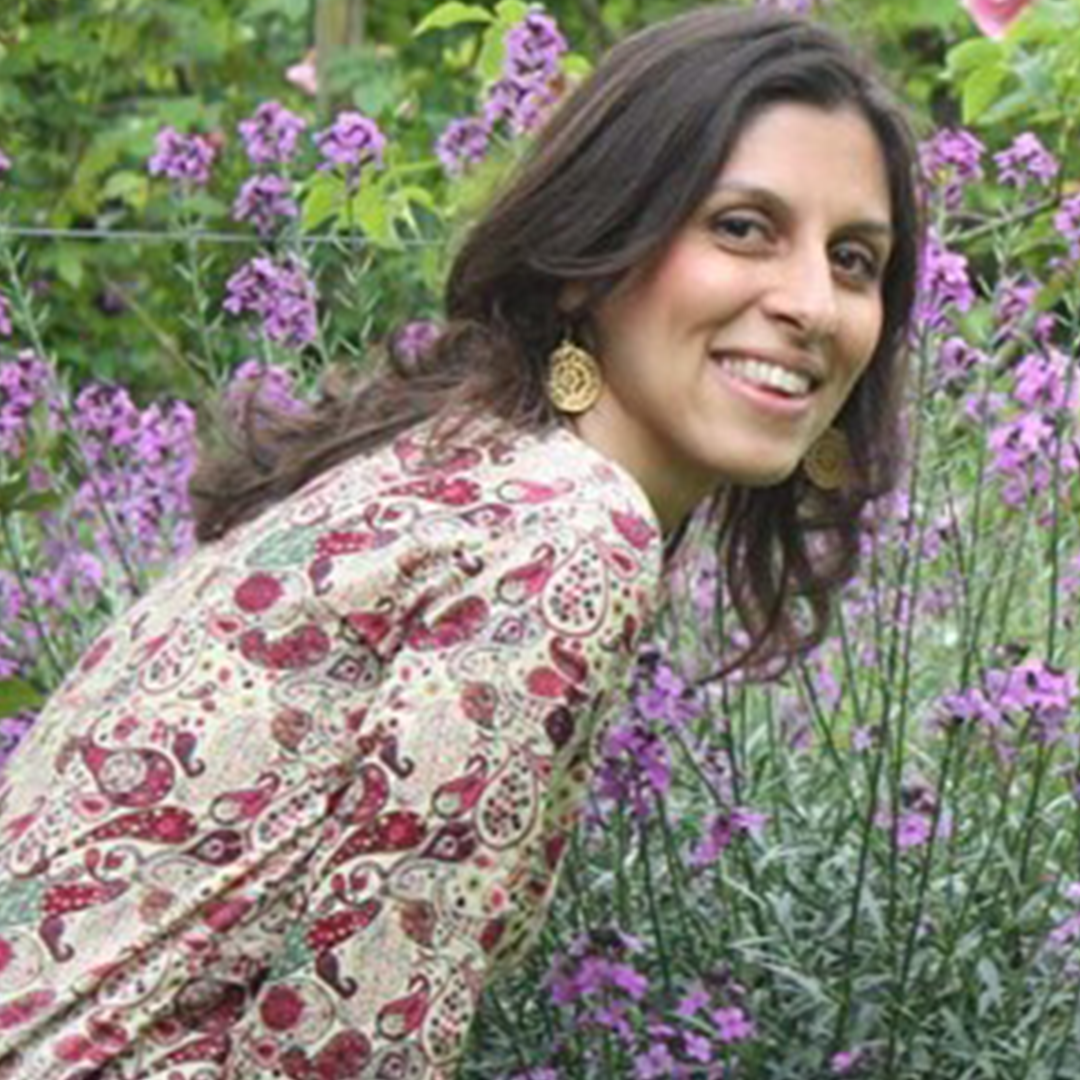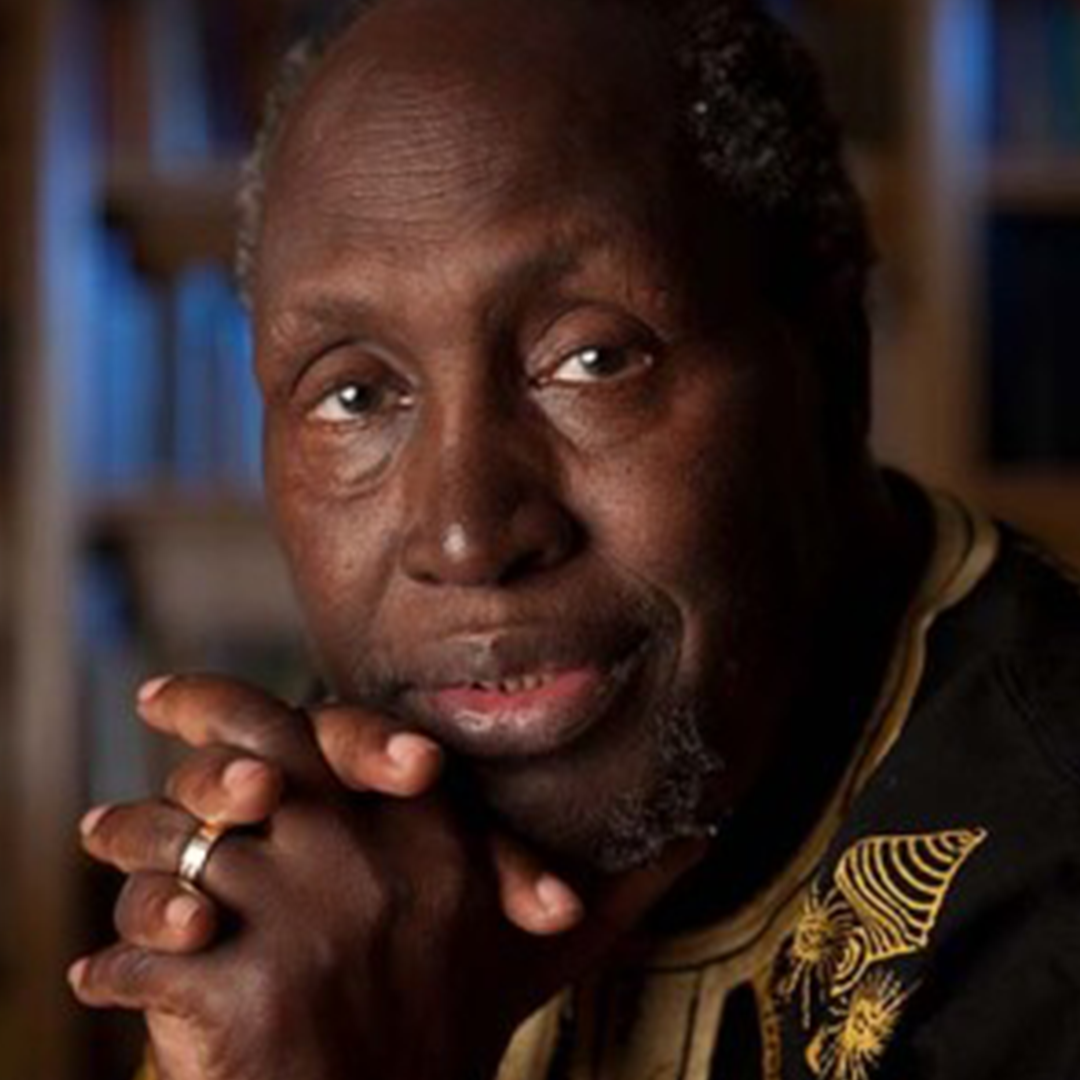26 Apr 2019 | Digital Freedom, Media Freedom, media freedom featured, News and features, Russia, Singapore, United Kingdom
[vc_row][vc_column][vc_single_image image="97329" img_size="full" add_caption="yes" alignment="right"][vc_column_text]"Fake news". The phrase emerged only a matter of years ago to become familiar to everybody. The moral panic around fake news has grown so rapidly that it became a common talking point. In its short life it has been dubbed the Collins Dictionary’s word of 2017 and the Bulletin of Atomic Scientists say it was one of the driving factors that made them set their symbolic Doomsday Clock to two minutes from midnight in 2019. It is a talking point on the lips of academics, media pundits and politicians.
For many, it is feared that "fake news" could lead to the end of democratic society, clouding our ability to think critically about important issues. Yet the febrile atmosphere surrounding it has led to legislation around the world which could potentially harm free expression far more than the conspiracy theories being peddled.
In Russia and Singapore politicians have taken steps to legislate against the risk of "fake news" online. A report published in April 2019 by the Department of Digital, Culture, Media and Sport could lead to stronger restrictions on free expression on the internet in the UK.
The Online Harms White Paper proposes ways in which the government can combat what are deemed to be harmful online activities. However, while some the harmful activities specified -- such as terrorism and child abuse -- fall within the government’s scope, the paper also declares various unclearly defined practices such as "disinformation" as under scrutiny.
Internet regulation would be enforced by a new independent regulatory body, similar to Ofcom, which currently regulates broadcasts on UK television and radio. Websites would be expected to conform to the regulations set by the body.
According to Jeremy Wright, the UK's Secretary of State for Digital, Culture, Media and Sport, the intention is that this body will have “sufficient teeth to hold companies to account when they are judged to have breached their statutory duty of care”.
“This will include the power to issue remedial notices and substantial fines,” he says, "and we will consult on even more stringent sanctions, including senior management liability and the blocking of websites.”
According to Sharon White, the chief executive of the UK’s media regulatory body Ofcom, the term "fake news" is problematic because it “is bandied around with no clear idea of what it means, or agreed definition. The term has taken on a variety of meanings, including a description of any statement that is not liked or agreed with by the reader.” The UK government prefers to use the term “disinformation”, which it defines as “information which is created or disseminated with the deliberate intent to mislead; this could be to cause harm, or for personal, political or financial gain”.
However, the difficulty of proving that false information was published with an intention to cause harm could potentially affect websites which publish honestly held opinions or satirical content.
As a concept, "fake news" is frequently prone to bleeding beyond the boundaries of any attempt to define it. Indeed, for many politicians, that is not only the nature of the phrase but the entire point of it.
"Fake news" has become a tool for politicians to discredit voices which oppose them. Although the phrase may have been popularised by US President Donald Trump to attack his critics, the idea of "fake news" has since become adopted by authoritarian regimes worldwide as a justification to deliberately silence opposition.
As late US Senator John McCain wrote in a piece for The Washington Post: “the phrase ‘fake news’ — granted legitimacy by an American president — is being used by autocrats to silence reporters, undermine political opponents, stave off media scrutiny and mislead citizens.
“This assault on journalism and free speech proceeds apace in places such as Russia, Turkey, China, Egypt, Venezuela and many others. Yet even more troubling is the growing number of attacks on press freedom in traditionally free and open societies, where censorship in the name of national security is becoming more common.”
In Singapore -- a country ranked by Reporters Without Borders as 151 out of 180 nations for press freedom in 2019 -- a bill was introduced to parliament ostensibly intended to combat fake news.
Singapore's Protection from Online Falsehoods and Manipulation Bill would permit government ministers to order the correction or removal of online content which is deemed to be false. It is justified under very broad, tautological definitions which state amongst other things that “a falsehood is a statement of fact that is false or misleading”. On this basis, members of the Singaporean government could easily use this law to censor any articles, memes, videos, photographs or advertising that offends them personally, or is seen to impair the government’s authority.
In addition to more conventional definitions of public interest, the term is defined in the bill as including anything which “could be prejudicial to the friendly relations of Singapore with other countries.” The end result is that Singaporeans could potentially be charged not only for criticising their own government, but Singapore’s allies as well.
Marte Hellema, communications and media programme manager for the human rights organisation FORUM-ASIA explains her organisation’s concerns: “We are seriously concerned that the bill is primarily intended to repress freedom of expression and silence dissent in Singapore.”
Hellema pointed out that the law would be in clear violation of international human rights standards and criticised its use of vague terms and lack of definitions.
“Combined with intrusive measures such as the power to impose heavy penalties for violations and order internet services to disable content, authorities will have the ability to curtail the human rights and fundamental freedoms of anyone who criticises the government, particularly human rights defenders and media,” Hellema says.
In Russia, some of the most repressive legislation to come out of the wave of talk about "fake news" was signed into law earlier this year.
In March 2019, the Russian parliament passed two amendments to existing data legislation to combat fake news on the internet.
The laws censor online content which is deemed to be “fake news” according to the government, or which “exhibits blatant disrespect for the society, government, official government symbols, constitution or governmental bodies of the Russian Federation”.
Online news outlets and users which repeatedly run afoul of the laws will face fines of up to 1.5 million roubles (£17,803) for being seen to have published “unreliable” information.
Additionally, individuals who have been accused of specifically criticising the state, the law or the symbols which represent them risk further fines of 300,000 roubles (£3,560) or even prison sentences.
The move has been criticised by public figures and activists, who see the new laws as an attempt to stifle public criticism of the government and increase control over the internet. The policy is regarded as a continuation of previous legislation in Russia designed to suppress online anonymity and blacklist undesirable websites.[/vc_column_text][/vc_column][/vc_row]
4 Sep 2018 | Magazine, Magazine Contents, Volume 47.03 Autumn 2018
[vc_row][vc_column][vc_custom_heading text="With contributions from Ian Rankin, Herta Müller, Peter Sands, Timandra Harkness, David Ulin, John Lloyd, Sheng Keyi and Nazanin Zaghari-Ratcliffe"][/vc_column][/vc_row][vc_row][vc_column][vc_column_text]
The autumn 2018 issue of Index on Censorship magazine looks at the ways in which we might be turning away from facts and science across the globe.
We examine whether we have lost the art of arguing through Julian Baggini's piece on the dangers of offering a different viewpoint, and the ways we can get this art back through Timandra Harkness' how-to-argue guide. Peter Sands talks about the move towards more first person reporting in the news and whether that is affecting public trust in facts, while Jan Fox talks to tech experts about whether our love of social media "likes" is impacting our ability to think rationally.
We also go to the areas of the world where scientists are directly under threat, including Hungary, with Dan Nolan interviewing academics from the Hungarian Academy of Scientists, Turkey, where Kaya Genç discusses the removal of Darwin from secondary school education, and Nigeria, where the wellness trend sees people falling as much for pseudoscience as actual science, writes Wana Udobang.
[/vc_column_text][/vc_column][/vc_row][vc_row][vc_column][vc_single_image image="102490" img_size="full"][/vc_column][/vc_row][vc_row][vc_column][vc_column_text]
Outside of the special report, don't miss our Banned Books Week special, featuring interviews with Kamila Shamsie, Olga Tokarczuk and Roberto Saviano. We also have contributions from Kenyan author Ngũgĩ wa Thiong'o on his time in prison and how that might have shaped his creativity and Nobel Prize-winning writer Herta Müller on being questioned by Romanian secret police.
Finally, do not miss best-selling crime writer Ian Rankin's exclusive short story for the magazine and poems written by imprisoned British-Iranian mother Nazanin Zaghari-Ratcliffe, which are published here for the first time.
[/vc_column_text][/vc_column][/vc_row][vc_row][vc_column][vc_custom_heading text="Special Report: The Age of Unreason"][/vc_column][/vc_row][vc_row][vc_column][vc_column_text]
Turkey’s unnatural selection, by Kaya Genç: Darwin is the latest victim of an attack on scientific values in Turkey's education system
An unlikeable truth, by Jan Fox: Social media like buttons are designed to be addictive. They’re impacting our ability to think rationally
The I of the storm, by Peter Sands: Do journalists lose public trust when they write too many first-person pieces?
Documenting the truth, by Stephen Woodman: Documentaries are all the rage in Mexico, providing a truthful alternative to an often biased media
Cooking up a storm, by Wana Udobang: Wellness is finding a natural home in Nigeria, selling a blend of herbs - and pseudoscience
Talk is not cheap, by Julian Baggini: It's only easy speaking truth if your truth is part of the general consensus. Differing viewpoints are increasingly unwelcome
Stripsearch, by Martin Rowson: Don’t believe the experts; they’re all liars
Lies, damned lies and lies we want to believe, by Rachael Jolley: We speak to TV presenter Evan Davis about why we are willing to believe lies, no matter how outlandish
How to argue with a very emotional person, by Timandra Harkness: A handy guide to debating successfully in an age when people are shying away from it
Brain boxes, by Tess Woodcraft: A neuroscientist on why some people are willing to believe anything, even that their brains can be frozen
Identity’s trump cards, by Sarah Ditum: We're damaging debate by saying only those with a certain identity have a right to an opinion on that identity
How to find answers to life’s questions, by Alom Shaha: A physics teacher on why a career-focused science approach isn't good for students thinking outside the box
Not reading between the lines, by David Ulin: Books aren’t just informative, they offer a space for quiet reflection. What happens if we lose the art of reading?
Campaign lines, by Irene Caselli: Can other campaigners learn from Argentina’s same-sex marriage advocates how to win change?
Hungary’s unscientific swivel, by Dan Nolan: First they came for the humanities and now Hungary's government is after the sciences
China’s deadly science lesson, by Jemimah Steinfeld: How an ill-conceived campaign against sparrows contributed to one of the worst famines in history
Inconvenient truths, by Michael Halpern: It’s a terrible time to be a scientist in the USA, or is it? Where there are attacks there's also resistance
[/vc_column_text][/vc_column][/vc_row][vc_row][vc_column][vc_custom_heading text="Global View"][vc_column_text]
Beware those trying to fix “fake news”, by Jodie Ginsberg: If governments and corporations become the definers of “fake news” we are in deep trouble
[/vc_column_text][/vc_column][/vc_row][vc_row][vc_column][vc_custom_heading text="In Focus"][vc_column_text]
Cry freedom, by Rachael Jolley: An interview with Trevor Phillips on the dangers of reporters shying away from the whole story
When truth is hunted, by Ngũgĩ wa Thiong’o: The award-winning Kenyan author on having his work hunted and why the hunters will never win
Return of Iraq’s silver screen, by Laura Silvia Battaglia: Iraq's film industry is reviving after decades of conflict. Can it help the nation rebuild?
Book ends, by Alison Flood: Interviews with Olga Tokarczuk, Kamila Shamsie and Roberto Saviano about the best banned books
Pricing blogs off the screen, by Amanda Leigh Lichtenstein: The Tanzanian government is muzzling the nation’s bloggers through stratospheric fees
Modi’s strange relationship with the truth, Anuradha Sharma: The Indian prime minister only likes news that flatters him. Plus John Lloyd on why we should be more concerned about threats to Indian media than US media
[/vc_column_text][/vc_column][/vc_row][vc_row][vc_column][vc_custom_heading text="Culture"][vc_column_text]
Word search, by Ian Rankin: The master of crime writing spins a chilling tale of a world in which books are obsolete, almost, in an Index short story exclusive
Windows on the world, by Nazanin Zaghari-Ratcliffe and Golrokh Ebrahimi Iraee: The British-Iranian mother and her fellow inmate on life inside Tehran's notorious Evin prison. Plus poems written by both, published here for the first time
Metaphor queen, by Sheng Keyi: The Chinese writer on talking about China’s most sensitive subjects - and getting away with it, sort of. Also an exclusive extract from her latest book
[/vc_column_text][/vc_column][/vc_row][vc_row][vc_column][vc_custom_heading text="Column"][vc_column_text]
Index around the world, by Danyaal Yasin: A member of the new Index youth board from Pakistan discusses the challenges she faces as a journalist in her country
[/vc_column_text][/vc_column][/vc_row][vc_row][vc_column][vc_custom_heading text="Endnote"][vc_column_text]
Threats from China sent to UK homes, by Jemimah Steinfeld: Even outside Hong Kong, you’re not safe criticising Chinese-government rule there. We investigate threatening letters that have appeared in the UK
[/vc_column_text][/vc_column][/vc_row][vc_row][vc_column width="1/3"][vc_custom_heading text="Subscribe"][vc_column_text]In print, online. In your mailbox, on your iPad.
Subscription options from £18 or just £1.49 in the App Store for a digital issue.
Every subscriber helps support Index on Censorship's projects around the world.
 SUBSCRIBE NOW[/vc_column_text][/vc_column][vc_column width="1/3"][vc_single_image image="102479" img_size="medium"][/vc_column][vc_column width="1/3"][vc_custom_heading text="Listen"][vc_column_text]The Autumn 2018 magazine podcast, featuring interviews with Academy of Ideas founder and director Claire Fox, Tanzanian blogger Elsie Eyakuze and Budapest-based journalist Dan Nolan.
SUBSCRIBE NOW[/vc_column_text][/vc_column][vc_column width="1/3"][vc_single_image image="102479" img_size="medium"][/vc_column][vc_column width="1/3"][vc_custom_heading text="Listen"][vc_column_text]The Autumn 2018 magazine podcast, featuring interviews with Academy of Ideas founder and director Claire Fox, Tanzanian blogger Elsie Eyakuze and Budapest-based journalist Dan Nolan.
LISTEN HERE[/vc_column_text][/vc_column][/vc_row]






